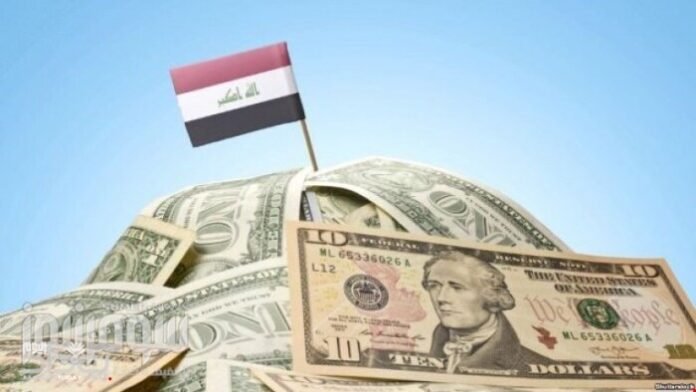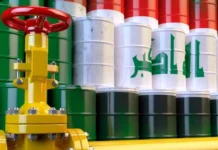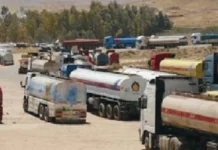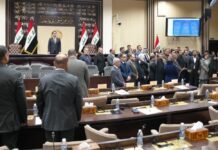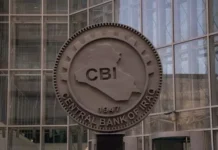Turkey did it in mid-2015 when Recep Tayyip Erdogan, then State head, declared that his nation had the option to pay all obligations owed to the Worldwide Money related Asset. This was the first time in quite a while that Türkiye became obligation free with the IMF.
Even though the governments that came before the Justice and Development Government heavily relied on the Fund to manage state resources, fill funding gaps, and cover the budget deficit, Turkey was successful in ending its borrowing adventures from the Fund in 2013 during the sixty-first Turkish government formed at the time by Erdogan.
Notwithstanding the serious tensions that the Turkish economy has been presented to lately because of excessive inflation and the breakdown of the lira’s conversion standard, progressive legislatures have wouldn’t fall back on the IMF and get from it because of the extreme dangers coming about because of that, including political, monetary and social dangers, as those states understand that the Asset’s projects work to Suffocating public economies in a bog of obligation and reliance, becoming subject to global banks, wiping out the working class, causing floods of excessive costs, cost expansion, and perpetual financial and monetary shakiness, and placing the decision system in consistent showdown and maybe struggle with the resident, who alone bears the expense of the severity programs forced by the Asset and others. From leasers.
Iraq puts in the entirety of its time to the Global Money related Asset, adding up to $8 billion, immediately
At the point when Turkey paid the last portion of the IMF credit, it was then one of 11 nations on the planet that had the option to “nothing” its obligations to the Asset on time and immediately in installment, since the year 2000. South Korea (2001), Brazil (2005), Russia and Uruguay (2006), Latvia and Hungary (2013), Macedonia, Romania, and Iceland (2015), were among the most prominent of these nations.
According to statements made by Mazhar Muhammad Salih, Advisor to the Iraqi Prime Minister for Financial Affairs, his country has repaid all loans it had obtained from the International Monetary Fund since 2003, totaling $8 billion. This week, Iraq repeated this scenario by paying its debts to the IMF once.
It is interesting to note that, despite the fact that Iraq was an oil-producing nation, corruption was rampant in the country, eating away at the green and dry land, stealing the state’s dollar resources, and being accompanied by the smuggling of tens of billions of dollars abroad by successive regimes. This occurred despite the fact that Iraq was an oil-producing nation. He governed the country after the American occupation in 2003.
In 2021, Iraq mentioned a crisis credit worth $6 billion from the IMF, and in May 2016, it got a credit from the Asset worth $13 billion to fill the general spending plan shortfall and the funding hole that the nation was going through.
Iraq was nearly suffocating in unfamiliar obligation, and rehashing the encounters of other Bedouin nations, however it chose to stop the draining of acquiring, monetary debasement, and the looting of public cash by exploiting its ongoing dollar assets, particularly coming about because of the improvement in the cost of oil and gas, and it amassed unfamiliar stores at the National Bank, which nearly… It vanished quite a while back, and somewhat obstructed the channels of cash sneaking to adjoining nations, including Iran, Syria, and Lebanon.
Hence, Iraq got away from the destiny that comes upon leaser nations that fall into the arms of that monetary establishment and submit to its harmful projects and vindictive credits, the risky repercussions of which seldom get away from a country.
In return for Iraq’s transition to free itself from the servitude of the Worldwide Financial Asset, the legislatures of certain nations, including Egypt, Jordan, Morocco, Sudan, Tunisia, Lebanon, Pakistan, and Argentina, demand getting more credits, in this manner sinking further into the soil of outside obligation and the resulting execution of severity programs, the expense of which the resident comes up with all required funds as… Bounces in costs, a breakdown in neighborhood monetary standards, mass impoverishment, the breakdown of the working class, and millions joining the outrageous neediness class.
